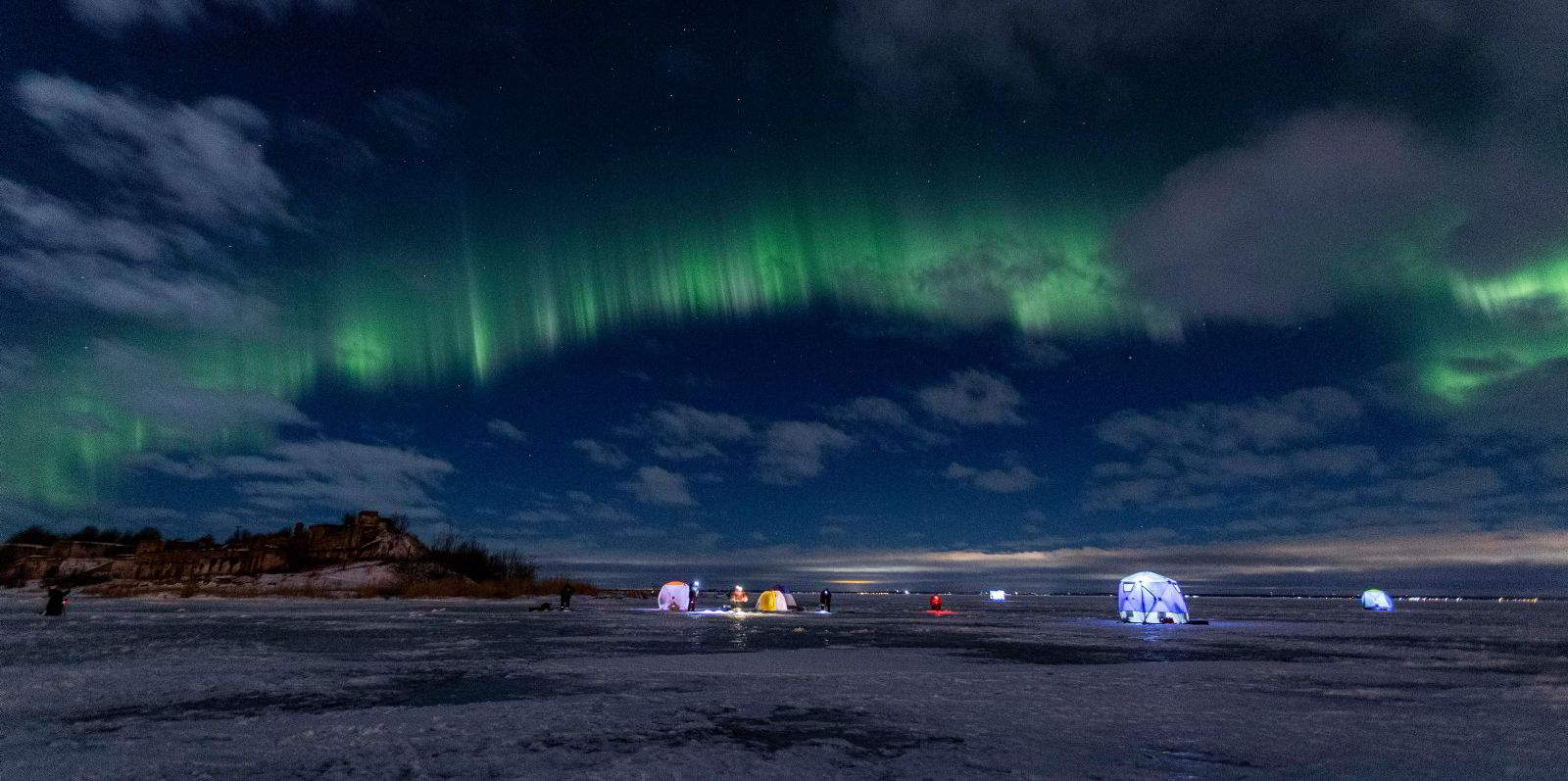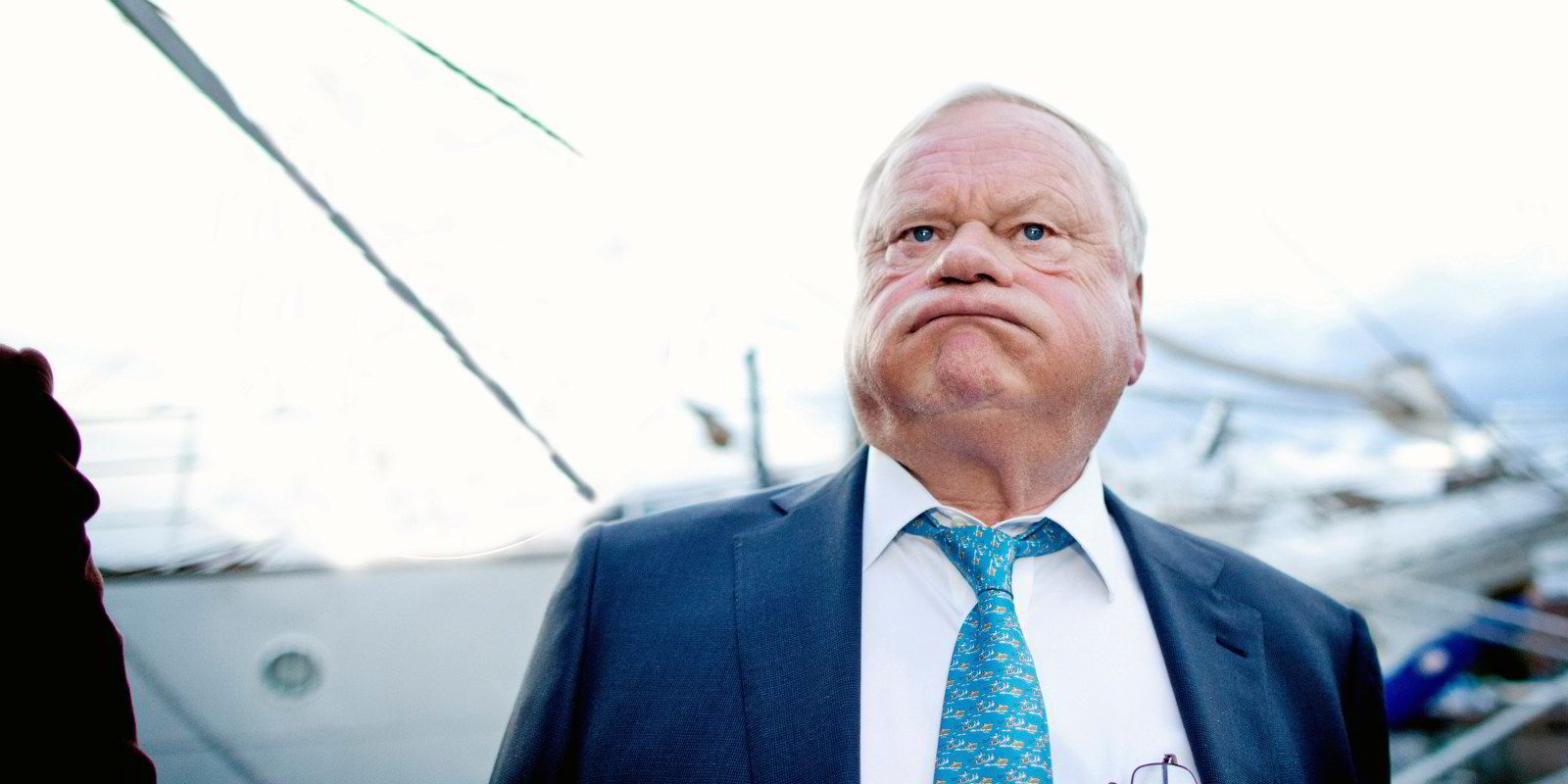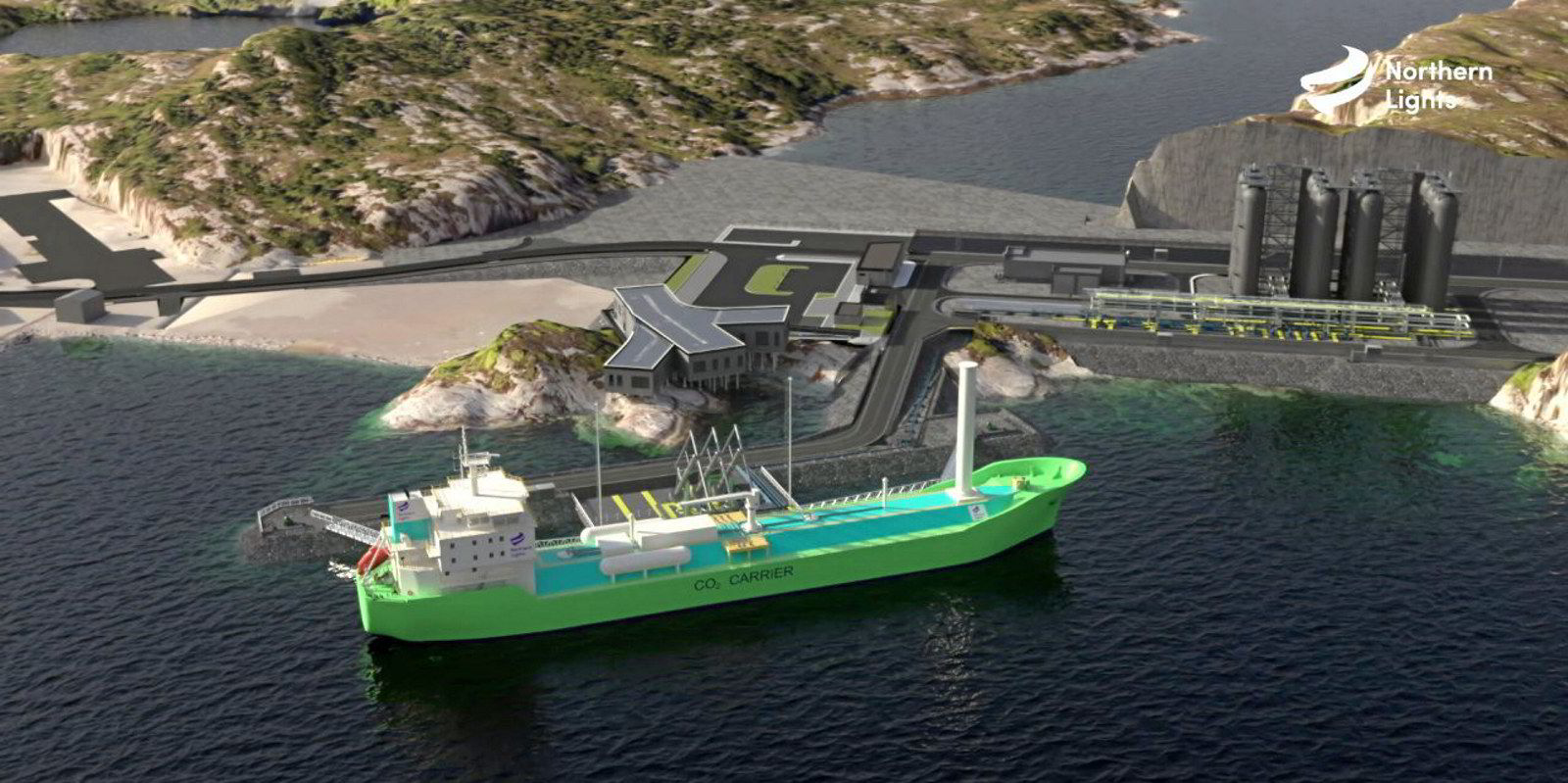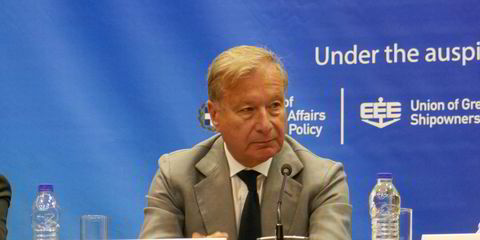John Fredriksen said this week that he is convinced of the need for a huge number of tankers to carry oil for the foreseeable future. The statement in an interview with Norwegian business newspaper Finansavisen was interesting not because the tycoon gave ballast to his fleet expansion plans but because he needed to justify this decision.
And as Fredriksen was speaking about tankers, an oil man, Shell chief executive Ben van Beurden, was talking about carbon capture and storage (CCS). And of course, you can argue that CCS will just prolong the lifespan of fossil fuels, so the two men might be on the same page.
Van Beurden, along with Anders Opedal boss of Norway’s Equinor and Patrick Pouyanne of France’s TotalEnergies, was celebrating what is claimed to be the world’s first commercial agreement on cross-border CO2 shipping and storage at the Northern Lights project in south-western Norway.
Under the deal with Yara Sluiskil, a chemical plant in the Zeeland region of the Netherlands, 800,000 tonnes of captured, compressed and liquefied carbon will be transported by ship for permanent storage under the seabed off the coast of Oygarden.
Two specialist vessels have already been ordered for the work. The oil company executives believe the Yara deal will be the first of many, as it shows these projects worked not just technically, but commercially, legally and politically. Norway had to sign a bilateral deal with the Netherlands to get it done.
A slew of schemes are vying for public start-up cash on the other side of the North Sea. At the H2H project on Humberside, north-eastern England, Equinor is promising to tackle one of the UK’s most heavily industrialised and polluting areas.
London-based waste recycling business Cory has already signed a memorandum of understanding to ship and store CO2 from its Thameside facility at Northern Lights. To highlight the importance of the deal, the signing ceremony in London involved Norwegian Prime Minister Jonas Gahr Store and UK business and energy secretary Kwasi Kwarteng.
We are at the start of something. As ABS president Christopher Wiernicki notes, to meet Paris climate change goals, the International Energy Agency estimates 5bn tonnes of carbon will need to be locked away by 2050, from around 50m currently. That is one enormous leap.
The storage space may be there, but are governments willing to help fund more and more schemes? Two CCS schemes were put in train by BP and then Shell at Peterhead power station in Scotland in 2005 and again in 2015, but the projects collapsed when state funding was abruptly halted.
There does seem more urgency this time among global policymakers, and an increasing number of shipping companies are pressing ahead anyway, with expectations that carbon carrying will become a major business of the future.
There does seem more urgency this time ... with an increasing number of shipping companies pressing ahead with expectations that carbon carrying will become a major business of the future
Just ask Svein Steimler at NYK Europe about his new joint venture, Knutsen NYK Carbon Carriers, or the promoters of the Evergas and Navigator Holdings tie up, Dan-Unity CO2. Or ask Peter Livanos, a hard-headed Greek shipowner who recently launched CCS-facing EcoLog. Working with technology from Bechtel, Livanos expects to control a fleet of 60 carbon carriers by 2035.
Growing enquiries
Shipbuilders have reported growing enquiries following a design study by Mitsui OSK Lines and Mitsubishi Shipbuilding Co for a large liquefied CO2 carrier, dubbed LCO2, that could become a standard workhorse in the expected new trade.
TotalEnergies has also been working with Mitsubishi Shipbuilding on this kind of vessel, while Belgian ship operator Exmar has been liaising with South Korean tank systems company Lattice Technology on new designs.
Alongside all this are a host of research experiments on capturing the CO2 emissions from vessels themselves, such as plans by Norway’s Solvang and Finnish marine technology group Wartsila to retrofit the 21,100-cbm ethylene carrier Clipper Eos (built 2019).
So is the Northern Lights deal signed this week symbolically as well as commercially significant? Yes. I think we can say carbon shipping really is coming off the drawing board and onto the ocean. But even in a climate crisis, governments seem fickle, so it is too early to call it “the next big thing”.






